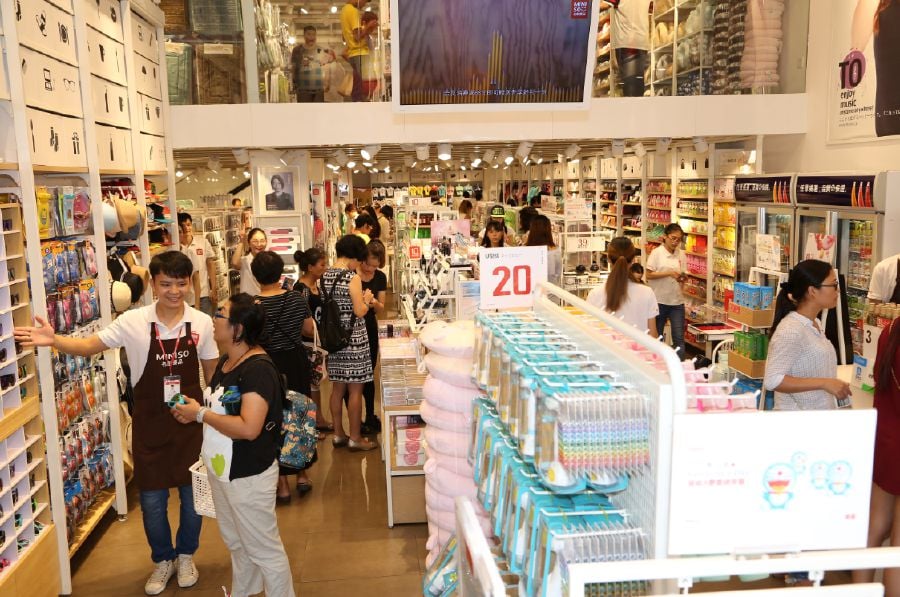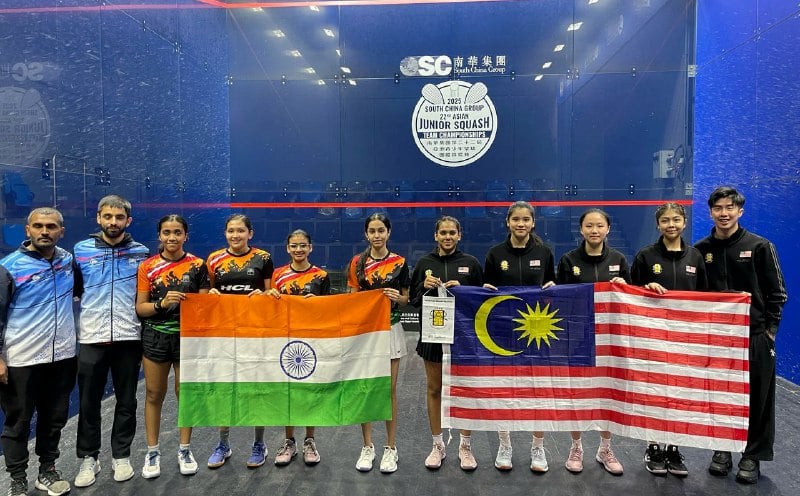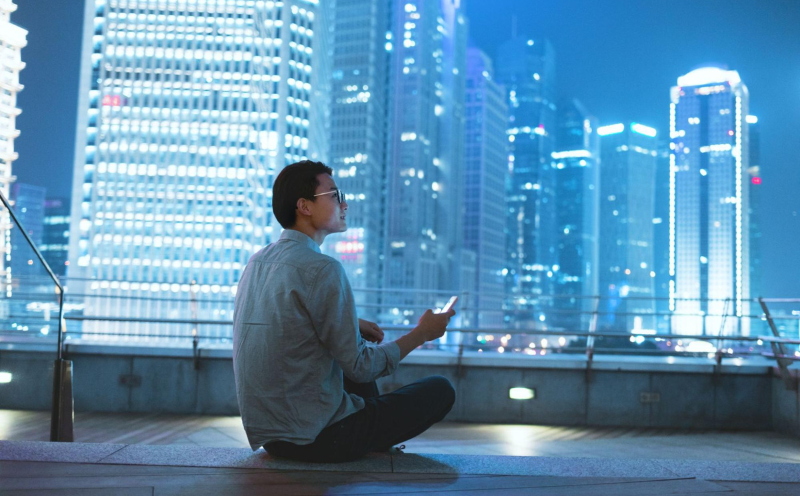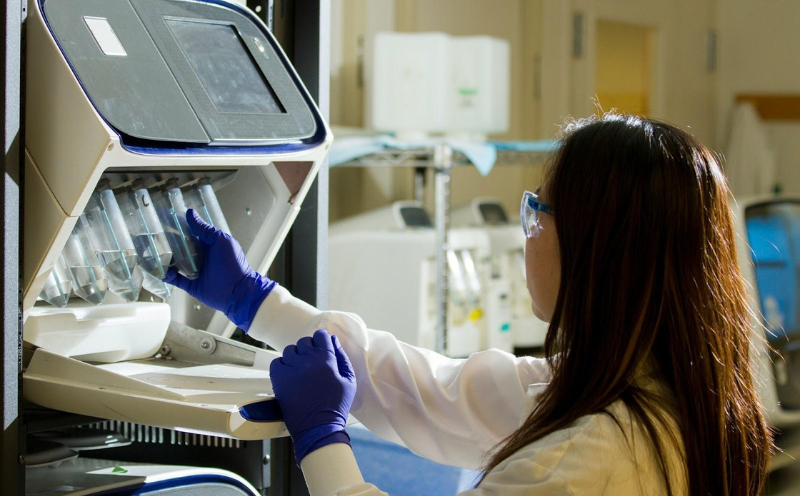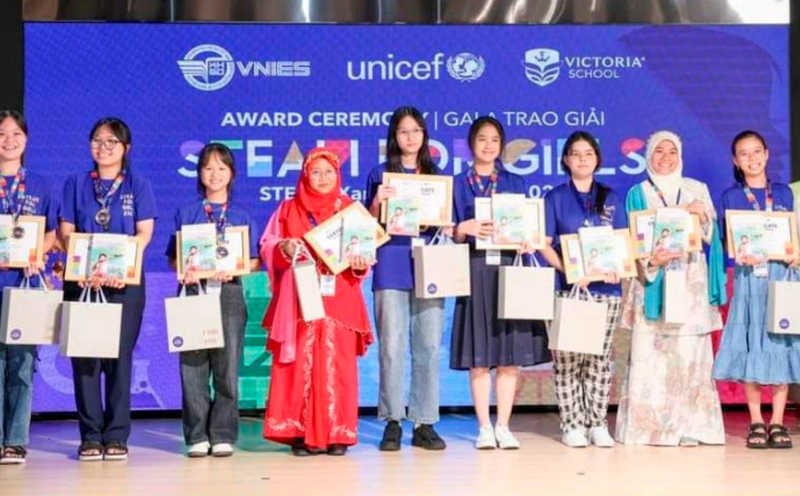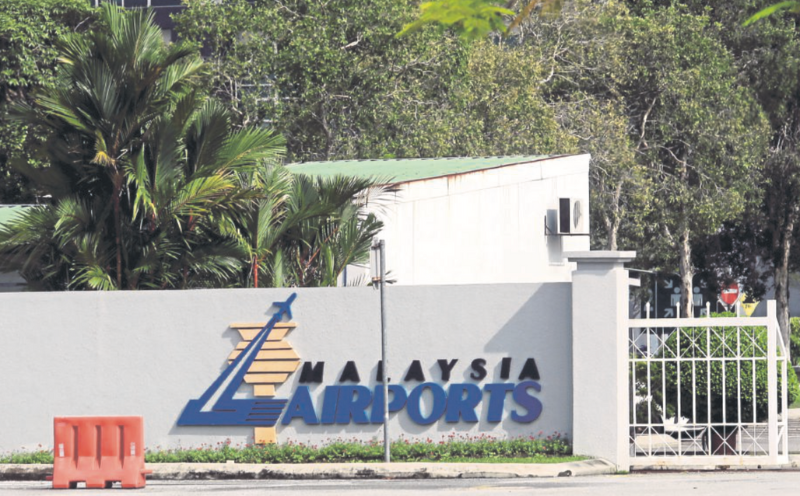Miniso Group Holding Ltd, the newly New York-listed Chinese budget retailer, is making its first foray into the US$86 billion global toy market as it tries to take on heavyweights like Toys "R" Us Inc on its home turf and beyond.
Known for selling low-cost items ranging from household goods to electronic gadgets with a clean aesthetic, Miniso will open the first store of its new chain "Toptoy" this month in Guangzhou, founder and chief executive officer Ye Guofu told Bloomberg in an exclusive interview in November.
The company's entry into toy stores comes shortly after Miniso went public in the US as it rides a global boom in discount retailers accelerated by the pandemic's economic devastation.
Miniso is now hoping its low prices and popularity can give it a foothold in China's US$12 billion toy market, which Ye says is bifurcated between "old-fashioned," higher-end retailers like Toys "R" Us, and cheap, low-quality goods peddled at small stores and supermarkets.
The company's shares have fallen 0.3 per cent in New York since its debut in October.
"China still doesn't have a good home-grown toy brand to serve children," said Ye, a former pipe factory worker who became a billionaire following Miniso's initial public offering.
Toptoy will differentiate itself from traditional toy retailers by focusing on specific products popular among children and young adults in China, like so-called "pop toys" -- collectible cartoon figurines -- and 40 yuan (US$6) "blind boxes" containing dolls based on anime characters.
Buyers don't know what they get exactly in blind boxes until after purchase, and the element of luck adds to the fun.
According to Bloomberg Intelligence, China's toy market is slated to become the biggest in the world by 2022, passing the $25 billion U.S. industry.
Since its founding in 2013, Guangzhou-based Miniso now operates more than 4,200 stores, of which 60 per cent are in China and the rest scattered across 80 countries including the US.
Over 95 per cent of its goods in China are priced at 50 yuan or less, including existing toy ranges that are co-branded with foreign names such as Marvel and Disney.
Miniso is dominant in its current market -- it has nearly 60 per cent share in the general merchandise market, excluding grocery stories, with Japanese brand Muji a distant second at 13 per cent, according to data from Euromonitor International.
But in toys, it'll face stiff competition from foreign brands jostling for a slice of the world's fastest-growing toy market.
While toy retailers have shuttered stores in the US and other mature markets due to the popularity of e-commerce, toy stores continue to enjoy rapid growth in China, where many parents enjoy taking their children to physical shops for interactive experiences.
Toys "R" Us, which filed for bankruptcy in the US in 2017, operates more than 180 stores in China in partnership with Hong Kong-based Fung Retailing Ltd, and has about 12 per cent market share among toy chains in China, according to Euromonitor.
New York toy store FAO Schwarz entered China in 2019, while Lego Group plans to open dozens more stores in the country.
Ye, who was inspired by Japan's discount stores as well as brands like Uniqlo, Ikea and Costco Wholesale Corp, hopes that Miniso's model of selling low-cost, well-designed products can be transposed to the toy sector.
The company's network with local suppliers means it can ensure product quality at low prices, he says.
As an example, he pointed out that one of Miniso's suppliers, which also supplies to French luxury house Christian Dior SE, produces a rose perfume that retails at 15 yuan for 15 ml.
The main challenge for Miniso's expansion plans, Ye said, is the pandemic, which has slowed business in its stores all around the world.
Still, he said expansion will continue apace -- since its October IPO, Miniso has opened 100 new outlets around the world, and aims to open hundreds more every year in the next decade both in China and abroad.
After Guangzhou, Toptoy stores are planned for Shenzhen and other Chinese cities, he said.


